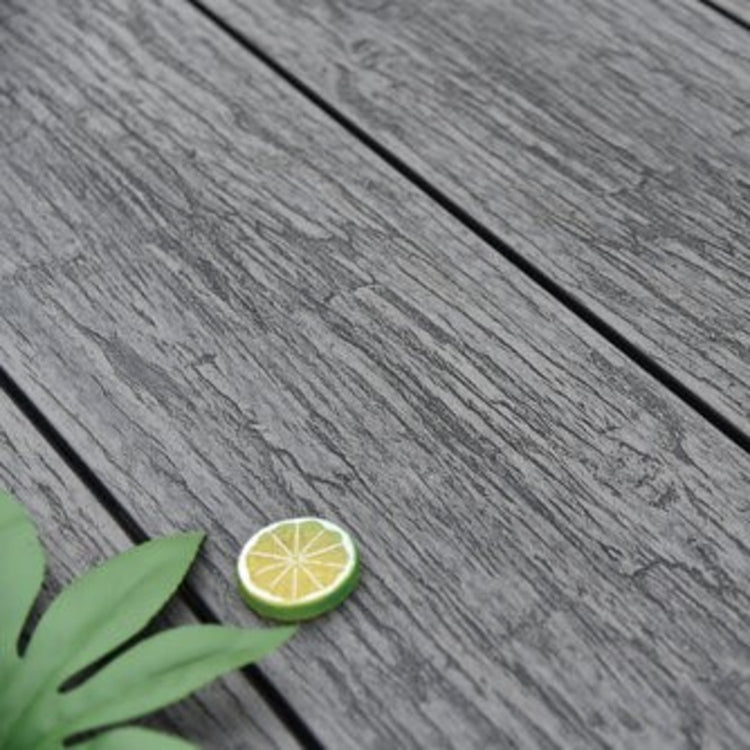When it comes to enhancing the aesthetic appeal and durability of outdoor spaces, composite cladding, and decking have emerged as popular choices among homeowners and architects alike. Unlike traditional wood materials, composite solutions offer a range of advantages that make them a practical and sustainable option. In this blog post, we will explore the main advantages of composite cladding and decking and why they have become the preferred choice for outdoor applications.
- Durability:
One of the primary advantages of composite cladding and decking is their exceptional durability. Composed of a combination of wood fibers and recycled plastic, composite materials are engineered to withstand the harshest weather conditions, including extreme heat, cold, and moisture. They are highly resistant to fading, warping, cracking, and rotting, ensuring a long-lasting and low-maintenance solution for outdoor spaces.
- Low Maintenance:
Traditional wooden cladding and decking often require regular sanding, staining, and sealing to maintain their appearance and prevent decay. Composite cladding and decking, on the other hand, are virtually maintenance-free. They do not require painting or staining and can be easily cleaned with soap and water. This low-maintenance characteristic not only saves time and effort but also reduces long-term maintenance costs.
- Aesthetics:
Composite cladding and decking offer a wide range of design options to suit various architectural styles and personal preferences. They are available in a variety of colors, finishes, and textures that mimic the natural appearance of wood. Whether you prefer a classic, rustic look or a modern, sleek design, composite materials can be customized to create the desired aesthetic appeal for your outdoor space.
- Environmental Sustainability:
Composite cladding and decking are an eco-friendly alternative to traditional wood. They are typically made from recycled materials, including reclaimed wood fibers and recycled plastics, which helps reduce the demand for virgin resources and minimizes waste. Furthermore, the manufacturing process of composite materials consumes less water and energy compared to traditional wood products, making them a sustainable choice for environmentally conscious individuals.
- Enhanced Safety:
Composite materials prioritize safety in outdoor spaces. They are designed to be slip-resistant, even when wet, reducing the risk of accidents and injuries. This is especially important for decking areas that are frequently exposed to moisture, such as poolsides or near water features. Additionally, composite cladding and decking are resistant to pests, such as termites, which can cause significant damage to traditional wooden structures.
Composite cladding and decking offer numerous advantages that make them a compelling choice for outdoor applications. Their exceptional durability, low maintenance requirements, aesthetic versatility, environmental sustainability, and enhanced safety features have positioned them as a popular and practical solution for homeowners and architects. By opting for composite materials, you can create stunning and long-lasting outdoor spaces that withstand the test of time while contributing to a more sustainable future.

